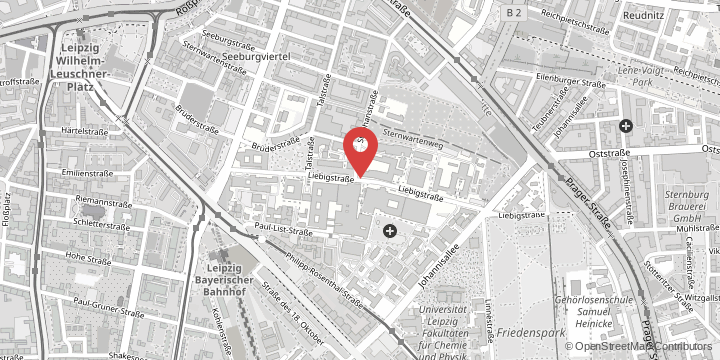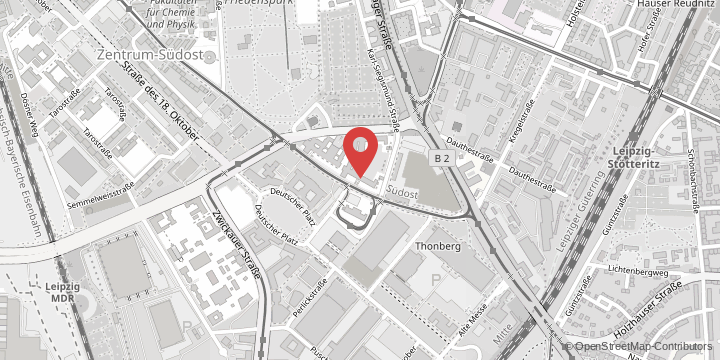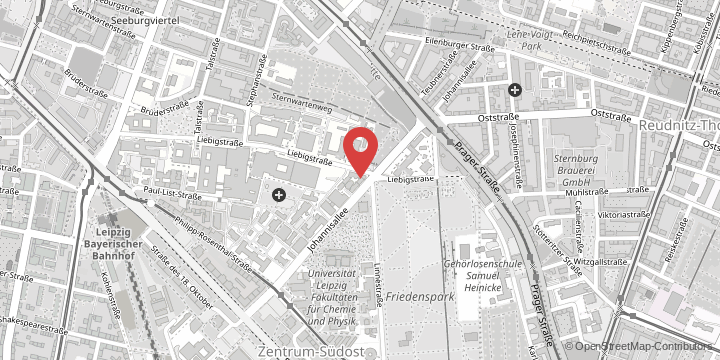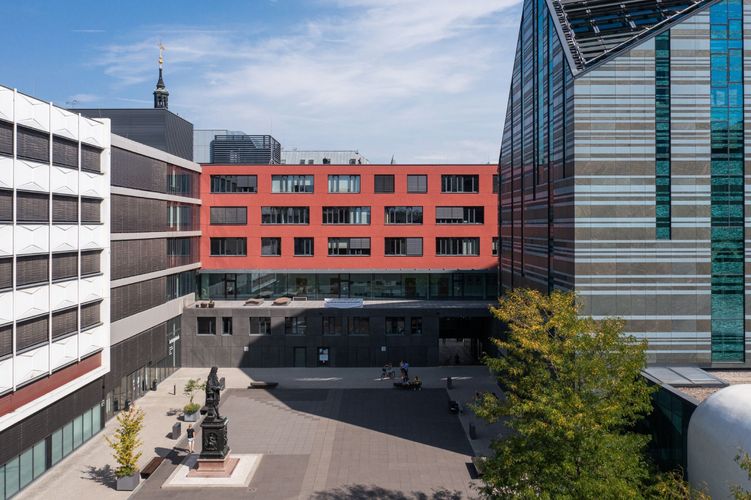The Economics master’s programme focuses on theoretical and applied economics, looking in particular at economic policy issues. One hallmark of the programme is its interdisciplinary approach, integrating aspects from sociology, area studies and law while enabling you to choose a specialisation. Upon graduation, you are therefore well prepared for a broad range of careers.
At a glance
-
Field of study
economics -
Degree type
postgraduate -
Degree
Master of Science -
Language of instruction
English, German -
Full/part-time
full-time, part-time -
Course start
winter semester -
Admission restriction
national admission restriction -
Standard period of study
Four semesters
-
ECTS credits
120
Requirements
- A first academic degree, or a degree from a state or state-recognised university of cooperative education with a primary focus on business and economic content
- Knowledge of English at B2 level of the Common European Framework of Reference for Languages
The faculty will check whether the above requirements have been met and then issue an official notification. This serves as proof that the candidate meets the relevant admission requirements.
Contents
One hallmark of the programme is its interdisciplinary approach, integrating aspects from sociology, area studies and law. The programme’s range of compulsory elective and compulsory modules serve to deepen your skills and enable you to enhance your profile in the areas of microeconomics, macroeconomics, econometrics and statistics, and international economics. The following specialisations are possible:
- Applied Econometrics
- Development Economics
- Environment and Sustainability
- Money, Credit and Banking
- Economic Policy
The programme conveys a broad range of knowledge that qualifies you to think in an interdisciplinary way and recognise both trends and overarching economic developments at an early stage. Upon graduation, you will be able to trace the path from identifying an economic problem to analysing it theoretically and empirically to formulating recommendations for economic policy. You will be able to analyse economic data as well as derive formal theoretical models and simulate them with quantitative methods.
Against the backdrop of a sound methodological basis, in teaching and research students discuss policy-relevant issues of a national and international nature. Gottfried Wilhelm Leibniz’s motto of “theory with practice” is of central importance. The core subjects of the compulsory programme emphasise certain aspects of theory and economic policy, which are then explored in greater detail in the elective modules. As an introduction to research, students can use an elective module to undertake a research internship in cooperation with a chair.
The curriculum comprises a total of 120 ECTS credits. This includes compulsory modules totalling 40 credit points and compulsory elective modules totalling 30 credit points. An additional 30 credits are acquired in a comprehensive free elective area in which you can complete any of the master’s modules at Leipzig University or spend a semester abroad.
- The first two semesters allow students to develop broad analytical competence in the core subjects of economics.
- In the following semesters, they can choose individual specialisms (e.g. in the areas of applied econometrics, development economics, environment and sustainability, economic policy and money, credit and banking).
- In addition to teaching subject-specific content, the techniques of scholarly work and presentation skills are an integral part of the programme.
Through interdisciplinary cooperation with other faculties and institutes (Sociology, Law, African Studies, Political Science and Chinese Studies), we are able to offer a comprehensive range of compulsory elective modules in German and English.
Since all compulsory modules and numerous courses in the specialisation areas are taught in English, the master’s programme can be studied entirely in English.
The master’s thesis is usually written in the third to fourth semester alongside other modules. Its workload is equivalent to 20 credits.
- Programme is offered in English (some elective modules are offered in German)
- Students with excellent grades can choose to complete part of their studies at Keio University in Tokyo or the second year of studies at Paris 1 Panthéon-Sorbonne
- Double degree possible with Paris 1 Panthéon-Sorbonne
- It is generally recommended that students carry out a study stay abroad
- As part of a research internship, you can work on your own research project with a supervising professor and a research institute
The Economics master’s programme (MSc) prepares students for work in private companies, scientific institutions, administrative agencies, European and international organisations, and private companies. Examples include:
- Private companies (e.g. banks, insurance companies, economic departments in large companies)
- Public institutions (e.g. ministries, central banks, the German Development Institute (DIE), the Gesellschaft für internationale Zusammenarbeit (GIZ), the German Foreign Office)
- International organisations (e.g. the IWF, the World Bank) operating in the field of economic policy
Depending on the chosen specialisation, the master’s degree is also the basis for a career in academia and research. A good master’s degree is the prerequisite for starting a doctoral programme.
It is generally recommended that students carry out a stay abroad to promote their intercultural competence. Stays abroad are supported organisationally with intensive cooperation with international partner universities and transparent regulations for transfer of credits.
Application
Course start: Winter semester
Admission restriction (NCU): yes
Application period: 2 May–31 May
Application portal: AlmaWeb
Please ensure that you read and take note of the further information provided on the pages “Online application” and “Applying for a master’s programme”.
International students can find information about application periods and how to apply on the page “International”.
Options in the winter semester: 3rd semester – without restrictions on admission
Options in the summer semester: 2nd semester and 4th semester – each without restrictions on admission
Application period: 2 May–15 September for the winter semester; 1 December–15 March for the summer semester
Application portal: AlmaWeb
Special enrolment requirements: Credits form (Anrechnungsbescheid)
You can find more information on our page for “Applying for higher semesters of study”.
International students can find information about application periods and how to apply on the page “International”.
Internationality
Compulsory curriculum in English































































